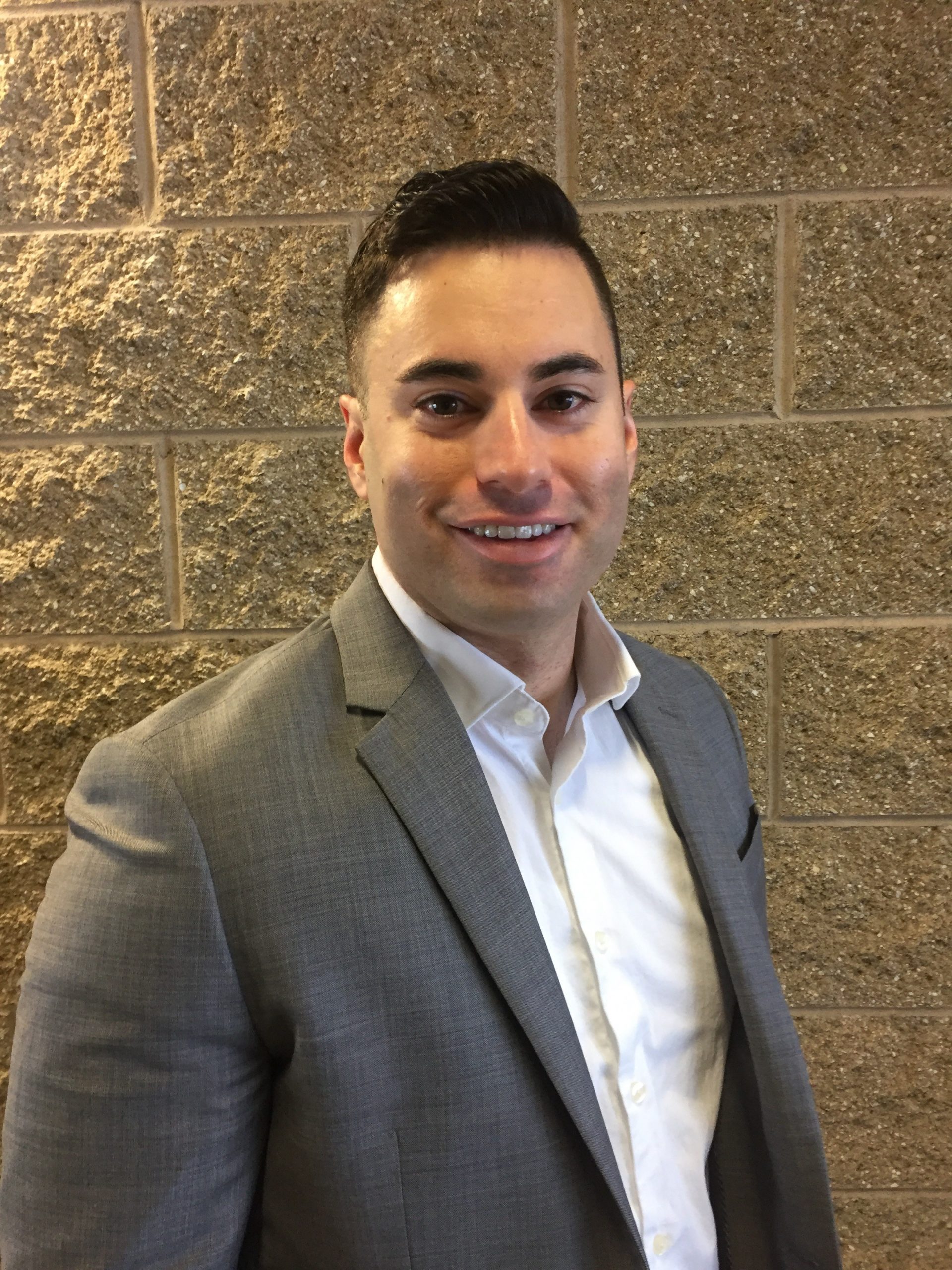With the global drug crisis continuing to impact millions, the market for addiction treatment services is expanding rapidly, offering both opportunities and challenges for healthcare providers, policymakers, and patients alike. This reflects a significant shift in how addiction is approached and managed.
Increasing awareness about the complexities of addiction has fueled demand for more nuanced and effective treatment options. Meanwhile, advances in medical research and technology have led to the development of innovative therapies and interventions that address not just the physical aspects of addiction but also its psychological and social dimensions.
This comprehensive approach is supported by a growing recognition of the need for integrated care solutions that combine medical, psychological, and social support. As a result, the market is seeing a rise in holistic treatment programs, personalized medicine, and evidence-based practices.
Here we will discuss the various trends in the drug addiction market, including the challenges and opportunities that are arising with them.
Growing Demand
More and more people are grappling with the effects of substance use disorder (SUD), also known as drug addiction. Even entire communities are being affected. This global rise in substance abuse disorders has significantly increased the demand for drug addiction treatment services.
The surge in drug addiction can be attributed to various factors, including socio-economic challenges, mental health issues, and the availability of addictive substances. As the crisis deepens, healthcare systems and treatment centers are under pressure to expand their services and develop more effective treatment protocols.
This heightened demand highlights the need for comprehensive support systems that include not only medical and therapeutic interventions but also preventive measures and educational programs.
Addressing the addiction epidemic requires public health strategies and community-based initiatives designed to support individuals in their recovery journey. This integrated approach can help mitigate its broader societal impact.
For digital marketers, this means it is more important than ever to use the right strategies to reach the people who are in need of help, especially when they are looking for treatment solutions online.
Types of Treatments
The drug addiction treatment market includes a range of services and therapies designed to help people recover from substance abuse. These typically include:
- Detoxification: Medical supervision to manage withdrawal symptoms and gradually rid the body of drugs.
- Inpatient Rehabilitation: Residential treatment programs offering intensive therapy and support in a controlled environment.
- Outpatient Rehabilitation: Treatment programs that allow individuals to live at home while receiving therapy and counseling on a regular basis.
- Behavioral Therapy: Techniques like Cognitive Behavioral Therapy (CBT) and Dialectical Behavior Therapy (DBT) to address the psychological aspects of addiction.
- Medication-Assisted Treatment (MAT): The use of medications like methadone, buprenorphine, or naltrexone to reduce cravings and withdrawal symptoms.
- Support Groups: Peer-led groups such as Alcoholics Anonymous (AA) or Narcotics Anonymous (NA) that provide a community of support.
- Counseling: Individual or group therapy sessions focusing on personal issues, coping strategies, and relapse prevention.
- Holistic and Alternative Therapies: Approaches like yoga, meditation, and acupuncture that complement traditional treatments.
- Family Therapy: Involving family members in therapy to address relational issues and support the recovery process.
- Aftercare and Relapse Prevention: Continued support through follow-up programs, sober living environments, and ongoing counseling to help maintain sobriety.
Personalized Treatment Approaches
One of the key trends in the drug addiction treatment market is the move towards personalized care.
Traditionally, addiction treatment has often followed a one-size-fits-all approach, but increasing recognition of the unique needs and circumstances of individuals has prompted a more tailored approach.
Personalized care involves designing treatment plans that consider not only the specific substance abuse issues but also the patient’s mental health, genetic factors, lifestyle, and social environment. This method enhances the efficacy of treatment by addressing the root causes of addiction and aligning interventions with the patient’s personal strengths and challenges.
For instance, personalized treatment might include customized therapy modalities, targeted medication regimens, or individualized counseling sessions that are adapted to fit each person’s unique situation.
The use of advanced technologies and data analytics into personalized care is further reshaping the landscape of addiction treatment. By leveraging genetic information, biometrics, and real-time data from wearable devices, practitioners can gain deeper insights into how different patients respond to various treatments.
This data-driven approach allows for the ongoing adjustment of treatment plans to maximize effectiveness and minimize potential side effects.
Today, providers are increasingly recognizing that each individual’s addiction and recovery journey is unique. As a result, there is a growing emphasis on tailoring treatment plans to meet the specific needs of each patient, which has shown to improve outcomes and patient satisfaction.
Integration of Technology
Speaking of technology, these tools are beginning to play an increasingly important role in addiction treatment. Technology has significantly transformed addiction treatment by introducing innovative tools and approaches that enhance both accessibility and effectiveness.
One major development is the use of telehealth platforms, which provide patients with remote access to therapy and counseling services. This is particularly beneficial for those in rural or underserved areas who may have limited access to in-person treatment facilities.
Telehealth allows for regular check-ins, ongoing support, and real-time communication with healthcare professionals, which can be crucial for maintaining engagement and managing addiction.
Additionally, there are now mobile applications designed for addiction recovery. These apps offer resources and support such as mood tracking, goal setting, and peer support networks.
Another promising advancement is the use of digital therapeutics and data analytics in addiction treatment. Digital therapeutics, such as interactive software programs, can deliver evidence-based behavioral therapies and interventions directly to patients. These programs often include features like cognitive-behavioral therapy (CBT) exercises and relapse prevention strategies, which can be tailored to individual needs.
Meanwhile, data analytics enables the monitoring and analysis of patient behavior and treatment progress, helping clinicians make informed decisions and adjust treatment plans as necessary.
By integrating these technologies, addiction treatment can become more adaptive, data-driven, and responsive to the unique challenges faced by each patient.
Focus on Dual Diagnosis
It is incredibly common for someone struggling with addiction to also face co-occurring mental health disorders. Those with substance use disorders frequently experience co-occurring mental health conditions such as depression, anxiety, or bipolar disorder. This is why the market is seeing a shift towards integrated treatment approaches that address both addiction and mental health issues simultaneously.
The move towards integrated treatment approaches stems from the recognition that addiction and mental health disorders often coexist and interact in complex ways. Traditional treatment models that address addiction and mental health issues separately can lead to fragmented care, leaving individuals with unmet needs and increased risk of relapse.
Integrated treatment approaches aim to provide simultaneous and coordinated care for both conditions. This improves the chances of achieving long-term recovery.
The integrated treatment model also emphasizes the importance of a unified approach that treats the whole person rather than focusing on their symptoms. This method typically involves a multidisciplinary team that includes therapists, psychiatrists, addiction specialists, and social workers, working collaboratively to create a comprehensive treatment plan.
By addressing both addiction and mental health concerns in a cohesive manner, these approaches help individuals develop coping strategies, understand their condition better, and build a stronger foundation for recovery.
Challenges in the Drug Addiction Treatment Market: Stigma and Accessibility
Despite the advancements in addiction treatment methods, stigma continues to serve as a significant barrier to seeking help.
Many people who need treatment do not go to rehab out of their fear of societal judgment and discrimination. The stigma surrounding addiction and rehab stems from misconceptions that addiction is simply a matter of willpower or personal failing. In reality, it is a complex medical condition that requires professional intervention.
The stigma surrounding addiction also impacts the quality of care provided. Health professionals may inadvertently reinforce these biases, either through insensitive remarks or by failing to offer compassionate, non-judgmental care. This can discourage individuals from accessing the support they need and can exacerbate feelings of guilt or unworthiness.
Addressing stigma requires a concerted effort to educate the public about addiction as a chronic disease, to foster empathy and understanding. It is also important to create environments where individuals feel safe and supported in seeking help.
Digital marketers can do their part in combating stigma by creating and sharing informative content that educates people about the effects of addiction and how the treatment process works.
Evolving Substance Abuse Patterns
While treatment methods are evolving, it is also important to note that the drug landscape itself is constantly changing as well. New substances and patterns of abuse are emerging regularly.
As pharmaceutical companies introduce novel medications and illicit drug producers refine their techniques, the array of available substances becomes increasingly complex. Synthetic drugs, such as novel psychoactive substances (NPS), have surged in popularity due to their ability to mimic the effects of traditional drugs while evading legal regulations.
These substances, often marketed as “legal highs,” can be unpredictable in their potency and effects, posing significant challenges for both users and healthcare providers.
At the same time, patterns of drug use are shifting as cultural, social, and economic factors come into play. The rise of polydrug use—where people combine multiple substances to enhance or counteract effects—adds another layer of complexity to treatment and prevention efforts.
Even the opioid crisis has highlighted the profound impact of prescription drug misuse. In turn, this has fueled the proliferation of synthetic opioids like fentanyl.
This evolving landscape requires continuous adaptation of public health strategies, law enforcement approaches, and educational programs to effectively address the dynamic nature of substance abuse and addiction.
Increased Funding and Support
On the bright side, governments and private organizations are increasingly recognizing the importance of funding for addiction treatment. This shift in perspective reflects a broader understanding that addiction is not merely a personal failing but a complex health issue requiring comprehensive support.
By allocating more resources to treatment programs, including prevention, intervention, and rehabilitation services, these entities aim to address the root causes of addiction and reduce the burden on healthcare systems. In the long run, this will improve overall public health.
Investments in research, treatment facilities, and support programs create opportunities for growth and innovation within the addiction treatment market. Increased funding also supports the development of innovative treatment methods and enhances access to care for underserved populations.
Collaboration and Integration
Collaboration between healthcare providers, community organizations, and policymakers is crucial for developing and implementing more effective treatment solutions. When these groups work together, they can pool their diverse expertise and resources to address complex health issues more comprehensively.
Healthcare providers offer clinical insights and patient care experience, while community organizations bring a deep understanding of local needs and social determinants of health. Policymakers contribute by shaping regulations and allocating resources.
By aligning their efforts, they can create tailored interventions that address both the immediate and underlying factors influencing health. This integrated approach not only enhances the quality of care but also promotes equitable access to services, ultimately leading to better health outcomes for communities.
Work with MasterMindSEO
The drug addiction treatment market is experiencing significant growth and transformation, driven by increasing demand, advancements in treatment methods, and a focus on personalized and integrated care.
While challenges such as stigma and evolving substance abuse patterns persist, opportunities for innovation and collaboration offer hope for improving addiction treatment and support.
As the market continues to evolve, ongoing efforts to address these challenges and leverage new opportunities will be crucial in advancing the fight against drug addiction. Digital marketers have the responsibility to adapt to these changes and overcome these obstacles.
Addiction treatment facilities can benefit from digital marketing, allowing them to reach more people who need their help. Digital marketing offers powerful tools that allow rehab centers to save more lives.
With careful planning and execution, digital marketing can be a key component in helping more people find the support they need.
Because digital marketing has become an indispensable tool for addiction treatment centers, it is important to work with a company you trust.
MasterMindSEO has experience in performing digital marketing campaigns for e-commerce, national, regional and local businesses. Email or call and we will be happy to see how we can help your center get more leads and help more patients!
Ready to take your addiction treatment SEO to the next level? Want to rank your detox center on Google Maps? Let MasterMindSEO help you.
[button color=”undefined” hover_text_color_override=”undefined” url=”https://bookme.name/MasterMindDBS” text=”Get More Admits!” color_override=””]

